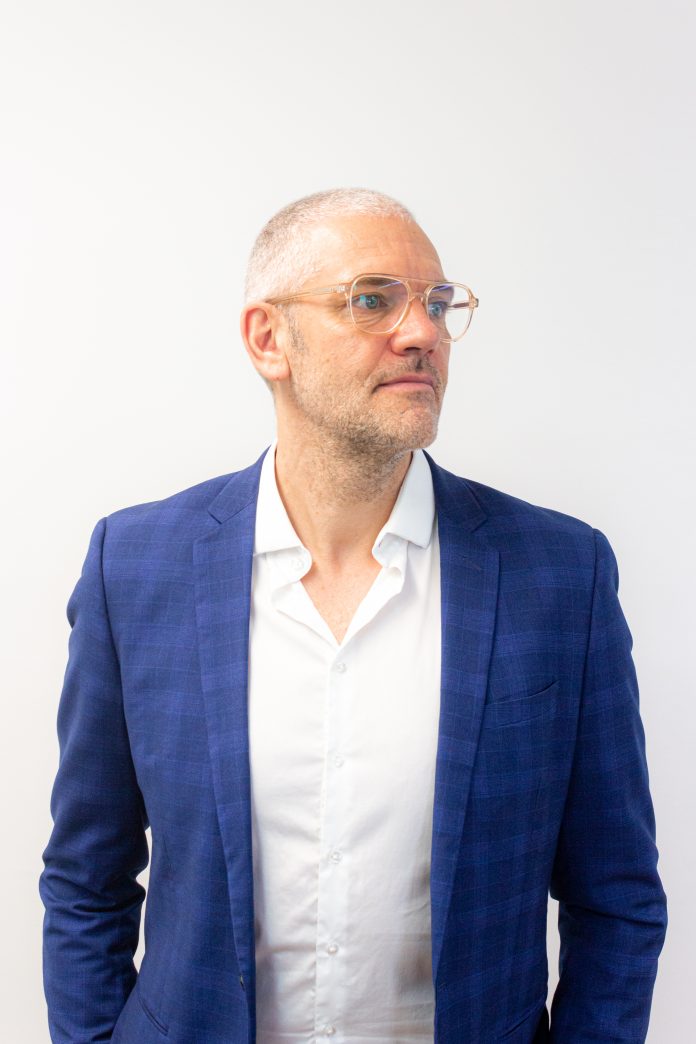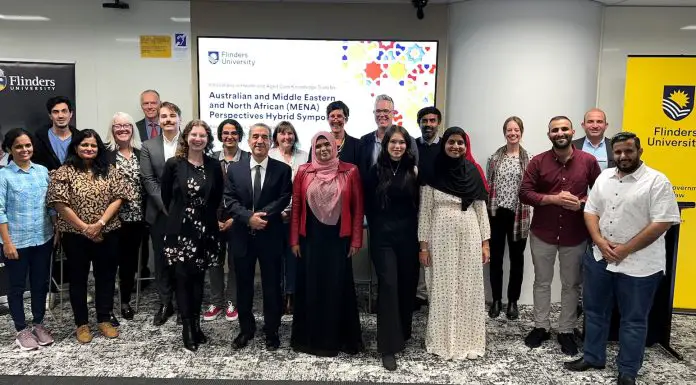In this guest post, Frank Ehrenberg – Principal and National Aged Care and Retirement Living Leader at global Later Living consultancy Marchese Partners – shares his views on ageism and its impact on society
Ageism is vastly different from other types of prejudice, like sexism or racism. What makes it unique is that it represents bias and discrimination by members of one group against members of a second group, which the first group will one day join. However, whilst ageing is inevitable, ageism is not.
At a systemic level, ageism presents itself in a number of ways and inequities in our current socio-economic context. Whilst social systems and frameworks, in particular social security, have improved since their inception more than 130 years ago, they do not adequately respond to the needs of an ageing population that is now living 25-30 years longer. Self-funded superannuation, government pensions and welfare at times barely cover people’s needs, especially for those from lower socio-economic backgrounds.
Equally, healthcare systems or geriatric medicine are currently inadequately structured and resourced. They require an urgent review to address the complex health requirements of individuals within an ageing population, who frequently experience more than one chronic condition. Health access for older adults with inherent chronic diseases that require long-term care is very costly. Furthermore, rehabilitation and treatment for older adults with anxiety and/or depression and those living with dementia, is becoming harder to access.
Politically, a rights-based approach dominates discussions around ageing, with advocates pushing to have appropriate conventions put in place. Ironically many vulnerable groups are protected by conventions, disabled people, vulnerable females, victims of abuse, children, people suffering from mental health and depression, however, there are no conventions in place for older adults. As noted by the Australian Human Rights Commission:
“There is, at present, no binding international instrument dedicated to the human rights of older persons. Explicit references to older people in other international human rights instruments are rare and fragmentary. As the Human Rights Council found in its 2013 consultation, a number of human rights issues relevant to older persons “have not been given sufficient attention either in the wording of existing human rights instruments or in the practice of human rights bodies and mechanisms”
The inequities towards older adults that are imbedded within our social and health frameworks towards require urgent review. Longevity and healthy ageing should become a right and not just an aspiration that we hope we might succeed in. Advocacy is required at all levels, be it individually or at community level, on state and federal levels, both locally, nationally, and globally.
We should worry about ageism – as it affects every one of us. We are very lucky to have the opportunity to get old, so much older than generations before us. However, systemic ageism manipulates society’s attitudes towards an ageing population, in addition to impacting the self-perception, image and values of older people towards themselves and other older people. This has very real consequences for positive outcomes during the ageing process.
In a society void of ageism people would ideally show greater empathy and communal spirit. Neighbourhoods, councils and politicians would no longer oppose later living projects on the basis of a bias against an older age group in particular areas where there is demonstrable undersupply of an age supportive housing product providing a continuum of care.
Older adults would be able to remain living within their neighbourhoods and communities, close to families and friends. We would maintain diversity and a sense of community within our neighbourhoods. Instead we are clearing out neighbourhoods deemed desirable of their ageing populations to make room for the middle aged, white middle class. Ageism to a degree is a by-product of gentrification.
If ageism was not an issue, more knowledge should be transferred through the generations via active engagement, discussions and inclusiveness. We would show more tolerance, respect, and acceptance. We would grow happier, stronger and more connected communities. Older people would be more visible, active, productive, and confident.
The influence that ageism has had on my own perception of ageing
I too am being faced with the challenge of accepting getting older. In my 20’s I felt invincible and young and strong. Whilst I have maintained an exercise regime almost every day up until now, at 52 I can see that my mind wants more than my body can do.
At times this is a hard fact to accept however unavoidable, and part of the journey of life and ultimately something to come to terms with.
My eyesight is not what it once was and wearing glasses makes me look somewhat goofy, although it does provide the benefit of looking like the young ‘hipsters’ getting around.
Having grey hair and seeing that it is thinning is no fun either, especially given how the media portray an image of society that is themed around youth, including maintaining this look at all costs – even medical and surgical intervention.
That said, I am very satisfied with this stage in my life as the insecurities and instabilities of my twenties and thirties are long gone – thank god for that!
Life experience and being able to mentor my daughter and staff is something I enjoy. Being an architect is also a profession that you mature in with age and for me, it is now more enjoyable than ever.
Through my work I have benefitted from a lot of valuable discussion around ageing, especially in the context of senior living design, which I specialise in. In a way this has also helped my own experience of ageing.
I also consider myself extremely fortunate to have older mentors and am employing a 77 year old, veteran of the industry, who I have the greatest respect and love for. Hopefully, I will also have the ability to remain active at work and add as much value as my colleague and friend, Jon does.
No doubt I will have to overcome the ageism towards myself in time. However, with growth in greater advocacy for the ageing, that I too will partake in, I remain hopeful that ageism will be an ‘ism’ of the past.
-Australian Human Rights Commission. (2014). UN Convention for the Rights of Older Persons. Retrieved October 10 2020 from https://humanrights.gov.au/about/news/speeches/un-convention-rights-older-persons










